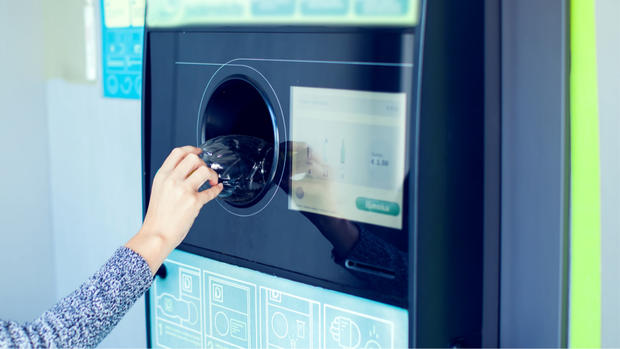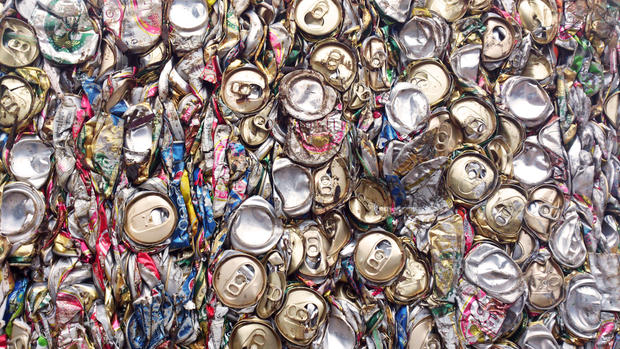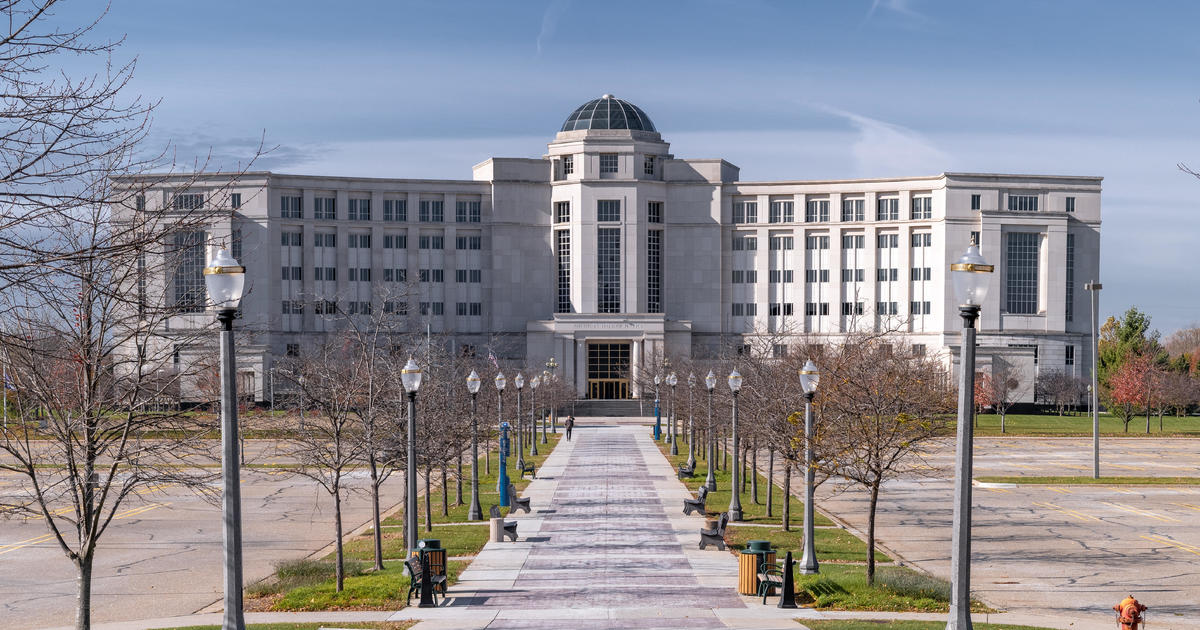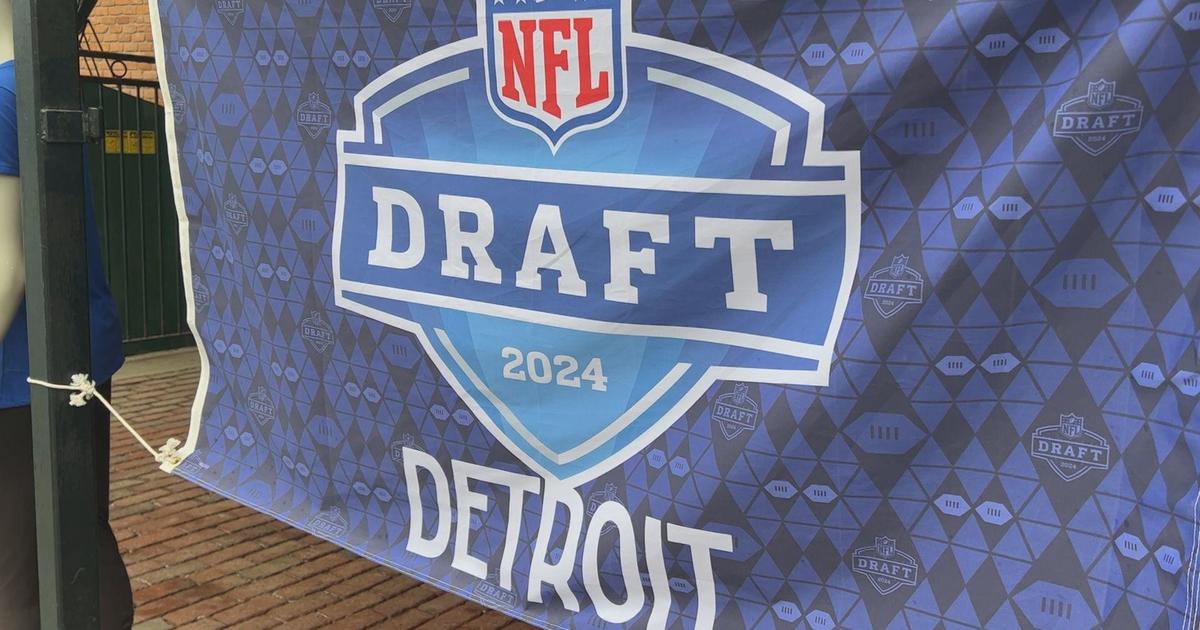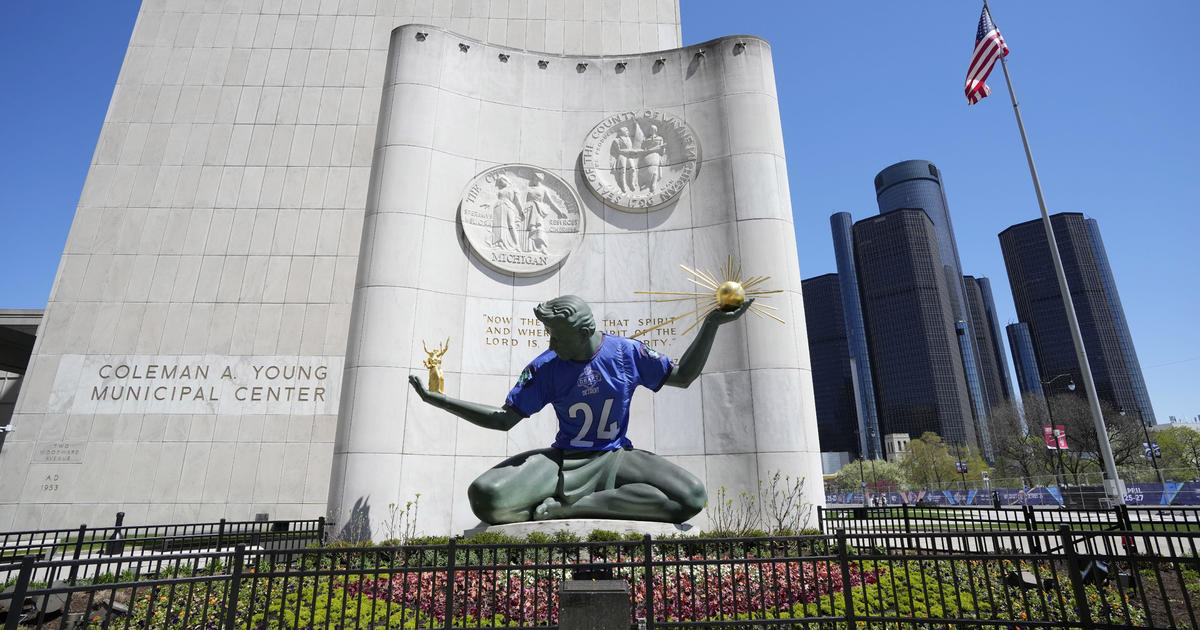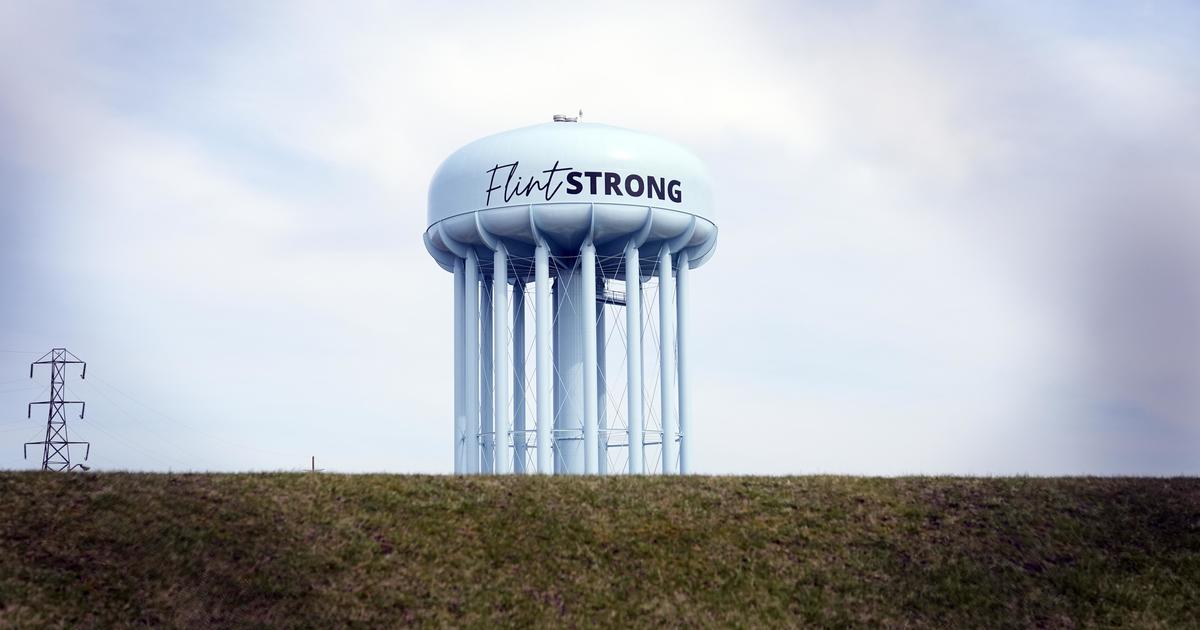Michigander's Are Storing $50 Million in Bottles and Cans
CBS Detroit - Are you saving your beer and pop cans for when you can take them back? Many are, and recyclers are saying they estimate it's adding up big time.... $50 Million dollars worth. In a report by the Detroit Free Press, recyclers are getting concerned about the supply of recycled materials.
With Governor Whitmer's COVID-19 Executive Orders, all returns on bottles and cans eligible for deposit have been halted. However recyclers are noticing people are not putting this material at the curb or recycling bin for trash pickup, so they think people are sitting on them. Waiting for the word when the state will allow them to take their can and bottles for their deposit money back.
According to Tom Emmerich, Chief Operating Officer of Schupan & Sons Recycling of Wixom and Wyoming, the number of unredeemed cans and bottles grows by 70 million each week. His company, along with other recyclers takes plastic, aluminum, and glass returnables from beer and pop distributors and processes them so that they can be reused again in the beverage industry.
Emmerich also told the Free Press that he knows a lot of charities are taking donations in returnable cans and bottles and are waiting for when they can redeem them for the deposits. His company on average handles about 160 million cans, 100 million in plastic, and glass bottles a month. The problem here is this material is valuable to the beverage industry. As they no longer have the steady stream of recycled content to supply for their containers. So bottlers have had to resort to finding new and more expensive materials. That in turn costs more and takes more energy for manufacturers to make.
Spencer Nevins, President of the Michigan Beer and Wine Wholesalers Association says he doesn't think he has seen higher costs due to a lack of recyclable materials coming in. He feels the decision by the Governor's office to halt deposits was prudent.
Concerning if refunds on deposits should be accepted again, Nevins said, "I think we're getting close. I mean I know the Governor is starting to open up more businesses, and she's consulting with her experts and her team and I think we're pretty close to that point...." "But when it opens, we want it to be safe. I think that this is kind of the biggest the consideration, is once its open we want it to be safe."
When you crack open that beer or bottle of Coke, 73% of the is recycled. Of the recycled content, 43% is recycled materials someone returned for a deposit.
Tom Emmerich is also a principal at TOMRA and UBCR LLC, Inc. UBCR transports and processes recycled bottles while TOMRA provides reverse vending machines. The kind you see at Meijer or Kroger, where you put your bottles into the hole, it scans the bar code and gives you an in-store credit coupon for your deposits.
The reverse vending machines place the recycled materials into bins. When they get full, store employees replace the bins with an empty one. When the store has enough recycled material, it is placed on trucks. CEO for Schupan and Sons, Marc Schupan says this recycled material can be recovered safely amidst COVID-19, and those store workers are more at risk of catching something while restocking shelves.
According to Emmerich, Michigan is the only state not accepting returns, saying " I understand the Governor is trying to protect us", and (bottles and cans returns) "absolutely can be done safely". So he says they are being stockpiled in people's homes and garages, and when bottle returns are being accepted again, it will take him and companies like his months to catch up. "We're probably looking at 20 to 25 weeks to dig ourselves out of this issue," Emmerich told the Free Press.
The Free Press reports that Michigan's deposit return rate was about 90% until 2018. Then it dropped slightly to 89%. With about $346 million to $425 million in deposits refunded in the last two decades since 2000 as reported by Michigan Department of Treasury. The state takes the unclaimed deposit money known as escheat, with about 75% going to the Cleanup and Redevelopment Trust Fund, with the other 25% going back to retailers.
These escheats from forfeited deposits add up... big time, in 2018 Michigan had a record of $42.8 million dollars in unclaimed escheat or unclaimed bottle deposits. If people get tired of storing their cans and bottles and kick them to the curb or recycling bins, that amount could skyrocket.
Schupan says he has been paying his workers at his idled plants, but once returns are reinstated they will be working around the clock to catch up. Spencer Nevins of Michigan Beer and Wine Wholesalers Association says people in beer and wine distribution business haven't experienced a lot of layoffs. Despite many restaurants and bars being closed, but wholesalers will be working hard to get old product out while restocking bars and restaurants with fresh stocks of beer and wine.
© 2020 CBS Broadcasting Inc. All Rights Reserved. This material may not be published, broadcast, rewritten, or redistributed. Information from the Detroit Free Press contributed to this report.
